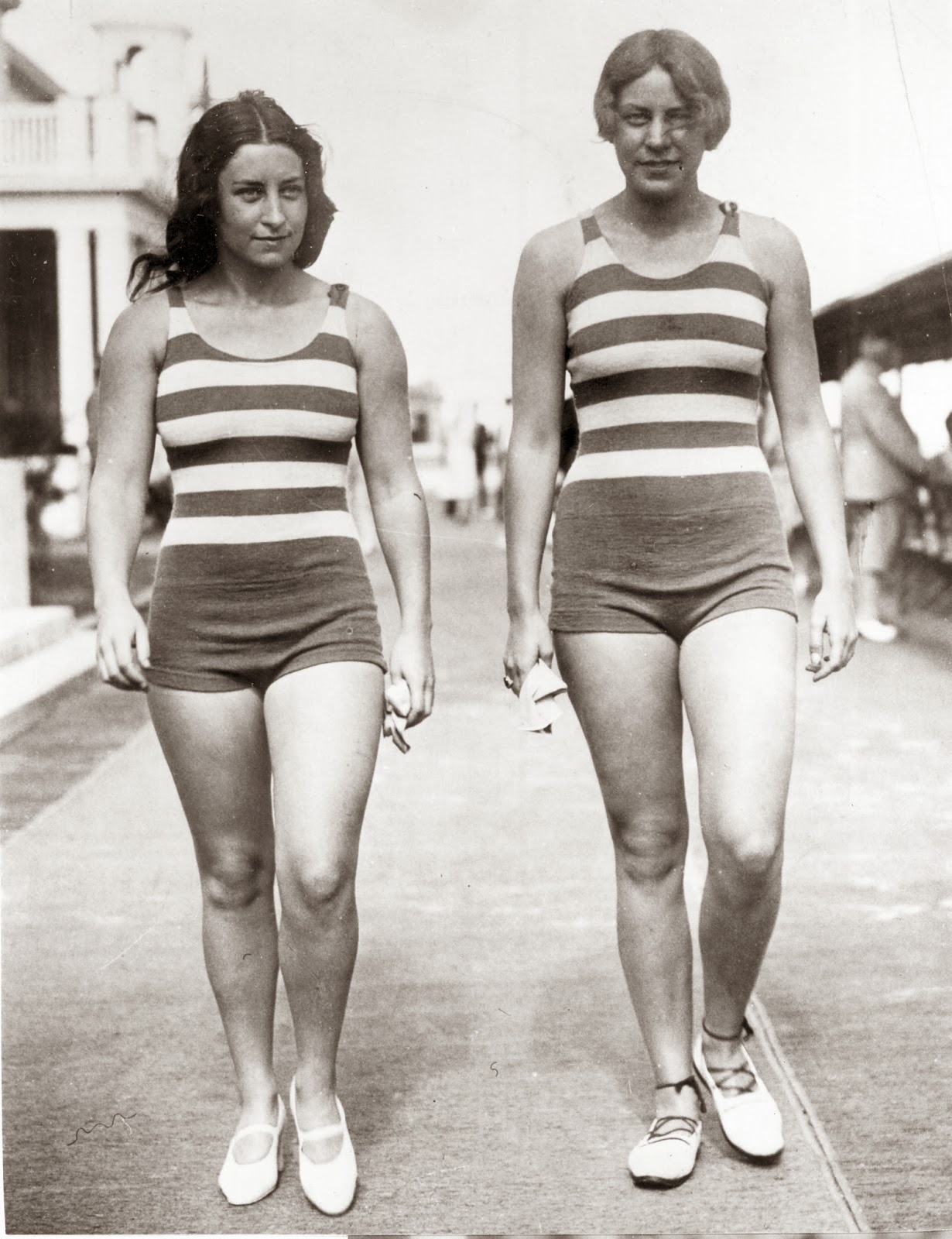The 2014 Winter Olympic Games are over, the medals have been
counted, and fans of
the summer games will have to wait until 2016 and Rio de Janeiro for their next
infusion of Olympic fun.
If,
in the meantime, though, Greenwich fans would like to delve into some local
history, they can learn about Helen Meany Gravis, gold-medalist in diving at
the Summer Olympics, Amsterdam, 1928. It’s a fascinating story, brought to our
attention by one of two of our Oral History Project interviewers who sat down with Ms.
Gravis over the course of two interviews in 1982 and in 1983.
 |
| Josephine Meany with Helen |
Helen
Meany, born December 15, 1904, in New York City, was a Greenwich resident from
1905 until 1930. She later spent time in India with the Red Cross, married in
1945, and lived on a ranch south of San Antonio, Texas, until 1957, when her
husband, Harwell Gravis, died. While she enjoyed her time in Texas, she always
considered Greenwich her true home. That is where she returned in 1958 and that
is where she stayed for the remainder of her life.
Her
recollections of Greenwich are more of water than of land. “I learned to swim
before I could walk,” she recalls.
Before
moving into the larger family home on Old Church Road and East Putnam, the Meanys lived
in a house on Steamboat, with its own little beach. And across the road was the
Indian Harbor Yacht Club, where young Helen also swam. Neither of these
provided a true learning environment for the future Olympian, but they would
suffice. She remembers winning her first meet when she was thirteen. By then,
her father, recognizing her potential, had begun taking her to A.A.U (Amateur
Athletic Union) meets.
She
competed in swimming because she had no place to develop technique in diving,
her true interest. She learned, however, by practicing off the dock, on top of
a coalhouse, at Commodore Benedict’s home, across the inlet from their beach.
Her father, more coaxing than coaching, would encourage her to take the plunge
from his place in the waters below. She apparently would dive from anything he could
find, high diving platforms being in short supply in the area.
Eventually,
her father rigged a platform for her on the side of the yacht club. It was a
makeshift float with a ten-foot board from which she would dive. Swimming in
those waters was later stopped, being deemed too dangerous. Her practice
sessions, as she describes them, were nothing short of perilous, with her
climbing up to the board at the top, while below the float wobbled
unpredictably as boats passed, coming and going out of the harbor, very near her
landing mark.
“I
guess if he told me to jump off the Brooklyn Bridge,” she says of her father, “I
would have done it.” This is how the future Olympics gold medalist in the
women’s three-meter springboard diving competition got her start.
 |
| William Meany, Helen's father |
All
the Meany children were swimmers. And there were a lot of them, eleven to be
exact, counting Helen, the eldest. Ms. Gravis explains that because her father
liked to swim so much, it was natural for the children to become swimmers, too.
She remembers “having to pick up the little ones as soon as they could walk or
they’d just run right to the water and right up to practically over their
heads.” She also remembers that if, in the summer, her siblings missed the boat
to Island Beach, they would simply dive off the dock at Indian Harbor and swim
to the island.
.TIF) |
| Brothers and Sisters (minus one sister). Helen is sixth from left. |
It
was all just fun and games until, at a meet in Rye, New York, Helen Meany saw
Alice Lord Landon (who later became an Olympic diver) dive from the ten-meter
platform. That is when young Helen knew she wanted to be a platform diver. But
the path from her childhood water exploits in Greenwich to the Olympics was not
an easy one, since there were few or no diving facilities nearby. She remembers
commuting from Greenwich to Manhattan Beach on the far end of Brooklyn to
practice.
 |
| Helen Meany at Manhattan Beach |
Later,
as a college student at Wellesley, where there was not even a swimming pool,
she had to decide on whether to continue her studies or to make the 1924
Olympic team. After having been eliminated in the 1920 games in the first
round, she chose to try again and left college before graduating. She placed
fifth in the ten-meter platform competition in Paris, 1924, and went on to win
the gold in Amsterdam in the three-meter event in 1928.
 |
| Helen Meany with Martha Norelius, Amsterdam, 1928 |
One
wonders how she did it, given the amount of training and coaching that goes
into competing in today’s games.
“I
learned most of my dives from a thirty-four foot platform, and if you don’t hit
the water just right, you can get hurt. . . .So you just have to try it and try
to correct it yourself,” she explains. And here’s the amazing thing: “I didn’t
have a diving coach,” she adds.
Now
there’s a champion for the record books.
Helen
Meany Gravis died at her home in Old Greenwich, Connecticut, July 21, 1991. She
was eighty-six years old.
 |
| Helen Meany Gravis in front of the former Meany home on Old Church Road, photographed by Karl Gleeson for the 1982-1983 Oral History Project interview |
The Oral History
Project book, “From Greenwich to the Olympics: Helen Meany Gravis,” is available through the holdings of the
Greenwich Library or can be purchased for $5 in the Oral History Project office,
located on the lower level of the Library.
No comments:
Post a Comment